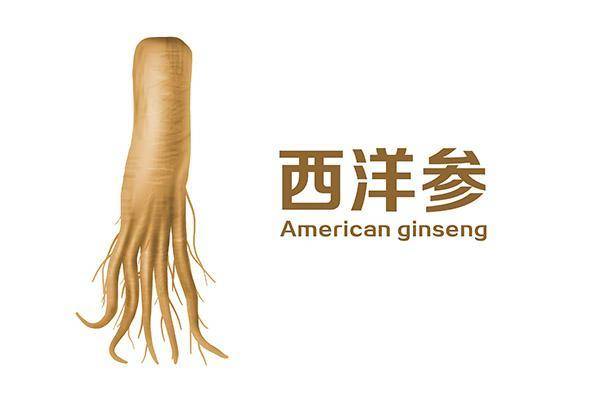In the impression of most people, ginseng and similar medicinal herbs are very nourishing. In ancient times, they were nourishing medicine that only wealthy families could afford. For poorer families, they could only afford a few pieces of ginseng “lifesaver” in times of crisis. With the advancement of modern technology, the methods of cultivating ginseng have greatly improved. At the same time, the cultivation of some exotic ginseng varieties has made ginseng more common in daily life. Western ginseng, as one of its representatives, has gained popularity among many people.
Although our domestic ginseng is very nourishing, its shortcomings are also very obvious. Eating a little more of it may cause symptoms of heatiness. The advantage of Western ginseng is that it does not cause heatiness. Even if consumed in slightly larger quantities accidentally, there is no need to worry about nutrient overload or excessive internal heat. More importantly, the price of Western ginseng is much lower than that of domestic ginseng, making it more suitable for long-term consumption by those seeking nourishment.
Is it good or bad for overall health to consume Western ginseng regularly? Traditional Chinese Medicine: Different effects for different situations.
Suitable for:
1. People with both qi and blood deficiency and physical weakness.
Under normal circumstances, young people should maintain sufficient energy and vitality, looking radiant. However, looking at most young people today, many of them appear fatigued or suffer from qi and blood deficiencies. Western ginseng can replenish qi and nourish blood, especially for physically weak women who, due to physiological reasons, lose a considerable amount of blood each month. Proper supplementation can alleviate symptoms of qi and blood deficiency. The nutrients it contains can also replenish the body’s needs, enhance immunity, and maintain overall health.
2. People with poor sleep quality and fatigue.
Many people face sleep-related issues, with some experiencing work-related stress that keeps their nerves tense for extended periods, while others disrupt their sleep quality by constantly using their phones during rest time. Western ginseng has the effects of clearing heat, relieving dryness, and contains various micronutrients. It has a good effect on alleviating central nervous system excitability. The substances it contains can regulate blood lipids and blood sugar, alleviating insufficient cerebral blood supply caused by blood stickiness. Adequate cerebral blood supply, reduced nervous excitability, gradually improve sleep quality, and enhance mental and physical energy.
Not suitable for:
1. People with spleen and stomach deficiency-cold and insufficient yang qi.
These individuals mainly suffer from insufficient yang qi or excessive dampness, exhibiting symptoms such as neurasthenia, poor digestion, and generalized fatigue. Some may choose to nourish themselves with Western ginseng. However, this is not recommended as this type of ginseng has a cold nature, and long-term consumption can aggravate internal coldness and dampness, exacerbating symptoms of insufficient yang qi. It may also lead to symptoms such as overall body coldness, lower back pain, and indigestion. People with heavy internal coldness are not advised to consume it.
2. Individuals experiencing cold or fever.
The main function of ginseng is nourishment, while it also promotes blood circulation and the elimination of toxins from blood vessels, maintaining health. However, individuals with cold or fever are not recommended to take Western ginseng. This is because during fever, body temperature rises continuously, and blood flow accelerates. Taking Western ginseng at this time may cause abnormal vasodilation, potentially leading to symptoms such as palpitations and increased heart rate, which are not conducive to recovering from illness.
Can Western ginseng be consumed daily?
Actually, it is not recommended. Although consuming it in excess will not cause heatiness or other adverse symptoms, excessive intake may produce glycoside substances, leading to conditions such as insomnia, high blood pressure, and nervous debility. To achieve the nourishing effects of Western ginseng, it is advisable to choose based on individual constitution. If there are conflicting symptoms, specific usage can be based on professional medical advice, minimizing the occurrence of adverse symptoms and achieving the effect of health maintenance.


